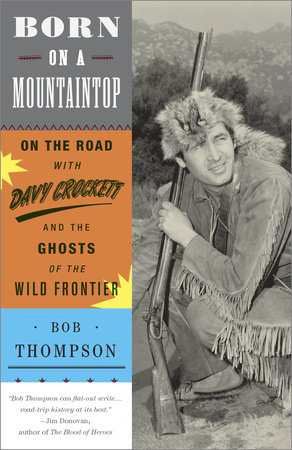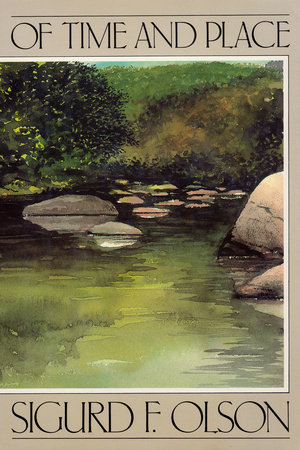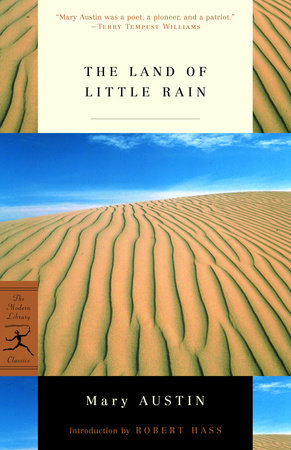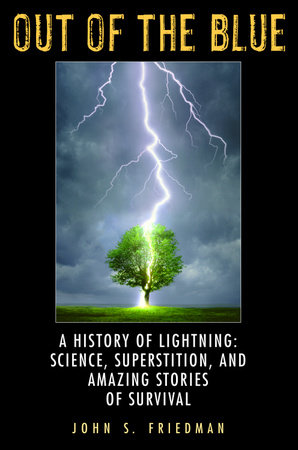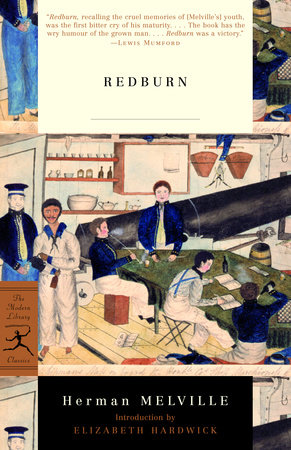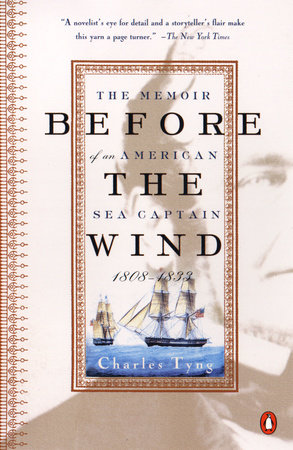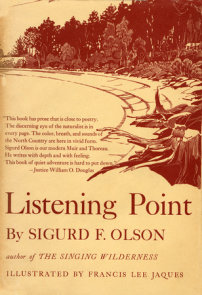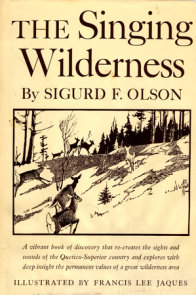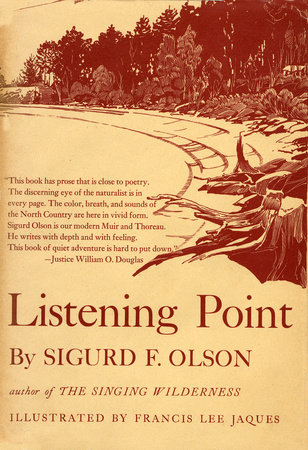The author of The Singing Wilderness and Listening Point begins this grand adventure: “There are few places left on the North American continent where men can still see the country as it was before Europeans came and know some of the challenges and freedoms of those who saw it first, but in the Canadian Northwest it can still be done. A thousand miles northwest of Lake Superior are great free rivers, lakes whose horizons disappear, countless unnamed waterways, and ridges and forested valleys still largely unknown.”
Into this land of Crees, Chippewyans, Yellow Knives, and Dig Rib Indians had once come the voyageur, the Hudson Bay trader, and a succession of adventurers—gentlemen and otherwise—who used the mighty Churchill River as a major waterway from Hudson Bay to the Mackenzie.
“It was the trail of these voyageurs we followed,” says the author, “a trail that led from the height of land where waters flow north to the Arctic and east to Hudson Bay, to Cumberland House five hundred miles away. Every portage, camp site, and rapids, every mile of this waterway of lakes and rivers was steeped in the drama of exploration and trade.”
“We traveled as the voyageurs did by canoe, paddled the same lakes, ran the same rapids, and packed over their ancient portages. We knew the winds and storms, saw the same sky lines, and felt the awe and wonderment that was theirs at the enormous expanses and grandeur of a land that was once as strange and challenging to them as to us.”
Mr. Olson has illuminated his own cruise with quotations from journals and diaries of such men as George Simpson, David Thompson, Alexander Henry, and Alexander Mackenzie—as well as a host of other explorers-traders whose voices speak from the old Moose Fort Journals of the Hudson’s Bay Company.
Mr. Olson serves as the Bourgeois of the party of six—the boss who ran the trip, chose the routes, picked the camp sites. His companions and he relived for all readers of this book what life was then in the wilds of the Canadian Northwest. Mr. Olson combines his inimitable ability to evoke the beauties and wonders of the wilderness—its animals, birds, and its very spirit—with a dramatic talent for taking the reader along the route of the men who pioneered that wilderness.
Francis Lee Jacques, whose genius to evoke the wilderness in pen and ink is unchallenged, has illuminated this book by his drawings, as he did The Singing Wilderness and Listening Point.



